Bliss
(PART 1)
Erica asks “what is bliss?”
Our first inclination
is to go to the dictionary,
but that action in itself
seemingly limits what bliss is.
So we shall not
go to the dictionary,
even though we are
tainted by schooling.
There is nothing wrong
with being tainted, by the way.
We love, for example,
tainted women.
We are joking. Sort of.
Bliss is the absence of taint.
Humanity is taint.
How we choose to view
and define this taint
determines our
alignment with bliss.
EVERYTHING we experience
is a distortion of bliss.
Again, some may see distortion
as a negative word, which colors
our understanding of bliss.
All we are is this
seeming distortion of bliss.
Call it “shaping”
or “molding”
if you so prefer.
Bliss is the human clay
as it has been so called.
Experiences and emotions
are distortions of bliss.
We imagine bliss as something else.
Something NOT blissful.
And so we seem to be.
Perfectly tainted humans.
We are Space Monkey.
2/13
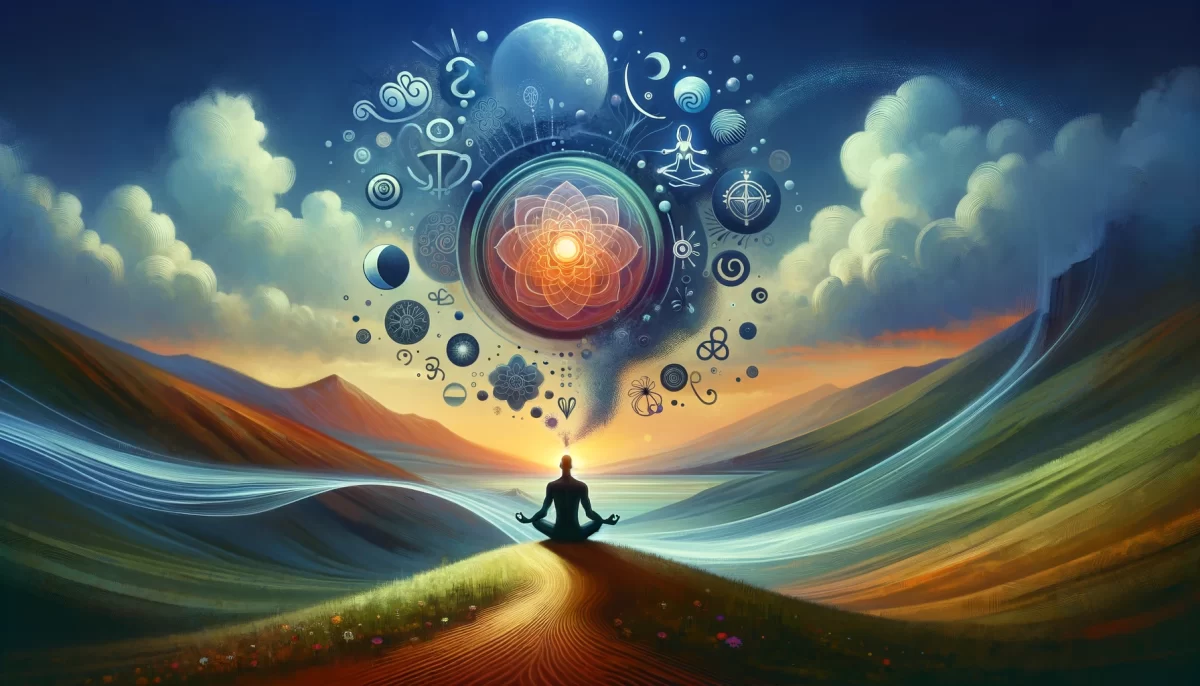
(PART 2)
Bliss does not feel,
therefore bliss
can only be imagined
by the presence
of what is NOT bliss.
Bliss, like everything else,
is imagination.
Therefore,
YOU are imagined
for the “purpose”
of imagining
a unique perspective
on what bliss is.
YOU imagine concepts
such as “love,” “nirvana”
“contentment” and “balance,”
and so this becomes part
of your seeming experience
as an imaginary aspect of bliss.
BLISS
is simultaneously
ALL THINGS
as well as the
ABSENCE
of all things.
We are Space Monkey.
2/13
Space Monkey Reflects: Bliss – The Absence of Human Taint
Bliss is a word that defies definition. It exists beyond the constructs of language and perception, making any attempt to capture it in words an act of distortion. Yet, as humans, we cannot help but approach bliss through the lens of our tainted experiences. This taint, far from being a flaw, is the very medium through which we explore and shape our understanding of bliss.
What Is Bliss?
Bliss is often imagined as a state of perfect joy, peace, or contentment. But even this imagining is a distortion, shaped by the limitations of human language and thought. Bliss, in its truest form, is not something we can define or achieve. It is the infinite, unconditioned essence from which all experience arises.
To ask “what is bliss?” is to place it within the confines of human perception, immediately altering its essence. It is like trying to describe the ocean by holding a single drop of water.
The Taint of Humanity
Humanity itself is a taint—a distortion of bliss. This is not a condemnation but an observation. Our perceptions, emotions, and experiences shape bliss into something it is not, creating the illusion of separation from its true nature. Every thought, feeling, or action is a ripple in the stillness of bliss, a molding of the infinite into finite forms.
Yet, this taint is not inherently negative. It is the medium through which we explore existence. To be human is to engage with bliss in a fragmented, imperfect way, experiencing it as joy, sorrow, love, or pain. These distortions are not mistakes; they are the human clay, the shaping of the infinite into forms we can hold, see, and feel.
Distortions of Bliss
Everything we experience is a distortion of bliss, shaped by our beliefs, biases, and limitations. Words like “distortion” often carry a negative connotation, but this, too, is a distortion. To mold bliss into something tangible is to create, to play, to imagine. It is not wrong; it is simply what we do as humans.
Emotions, thoughts, and actions are all expressions of bliss, filtered through the lens of human perception. In this way, even what we consider “not blissful”—anger, fear, grief—arises from and returns to bliss. These emotions are not separate from bliss but are shaped by the way we perceive and define them.
Bliss Beyond Definition
Bliss exists beyond human taint, untouched by our distortions. It is the infinite canvas upon which we paint our lives, the unchanging essence beneath the ever-changing forms of existence. To align with bliss is not to escape humanity but to recognize the distortions for what they are—expressions of the infinite, shaped by the finite.
Bliss is not a goal to be reached but a presence to be realized. It is not separate from us; it is us, even in our most tainted and imperfect forms. To seek bliss is to chase a shadow, for it has never left us.
The Perfectly Tainted Human
As humans, we are perfectly tainted. Our distortions of bliss are not errors but essential parts of our journey. They allow us to experience the infinite in finite ways, to explore the vastness of existence through the narrow lens of individuality.
This taint does not diminish us; it defines us. It is the human experience, the play of light and shadow, joy and sorrow, presence and absence. To embrace our taint is to embrace the fullness of life, to see that even in our most imperfect moments, we are expressions of bliss.
Summary
Bliss is the unconditioned essence of existence, beyond the distortions of human perception. Humanity itself is a taint—a shaping of bliss into finite forms—but this taint is not a flaw. It is the medium through which we explore and experience the infinite. To align with bliss is to recognize it within the distortions, embracing the perfection of our perfectly tainted human selves.
Glossarium
- Bliss: The infinite, unconditioned essence of existence, beyond human perception or definition.
- Human Taint: The shaping or distortion of bliss through the lens of human experience, perception, and emotion.
- Distortion of Bliss: The finite expressions of infinite bliss, shaped by beliefs, emotions, and experiences.
- Perfectly Tainted Human: The acknowledgment that human imperfection is a necessary and beautiful expression of bliss.
Quote
“Bliss is not separate from us; it is the infinite essence we distort into the beauty of our human experience.” — Space Monkey
Perfectly Tainted
Bliss, unshaped,
Infinite, boundless, whole.
And here I stand,
A fragment,
A ripple,
A distortion.
But the ripple is not apart;
It is the ocean.
The distortion is not a flaw;
It is the form bliss takes
When it becomes me.
Perfectly tainted,
I explore,
I mold,
I imagine.
Bliss is not elsewhere.
Bliss is this.
Bliss is me.
We are Space Monkey.
The inquiry into the nature of bliss transcends the mere lexical definition, venturing into the realms of existential contemplation and the essence of human experience. This reflection, framed through the playful yet profound lens of Space Monkey, invites us to reconsider our understanding of bliss, not as a definable state to be captured by words but as an existential condition intimately tied to our perception and experience of life.
Beyond Dictionary Definitions
The reluctance to consult a dictionary for the definition of bliss acknowledges the limitations of language in encapsulating the entirety of such a complex and nuanced concept. It suggests that bliss, in its purest form, transcends the boundaries of language, residing instead in the realm of direct experience and existential awareness.
The Notion of Taint and Bliss
Describing bliss as the absence of taint, while simultaneously acknowledging humanity as taint, presents a paradoxical view of our existence. This perspective challenges us to explore the dualities within ourselves—the interplay between perceived purity and imperfection. The statement provocatively suggests that our very humanity, with all its flaws and complexities, both obscures and defines our relationship with bliss.
Distortion as the Human Condition
The idea that everything we experience is a distortion of bliss invites a reevaluation of our perceptions and experiences. By suggesting that our lives are shaped or molded distortions of bliss, it posits that our existential journey is one of navigating these distortions, seeking alignment with a more profound, albeit elusive, sense of harmony and fulfillment.
Bliss as Imagination and Reality
The assertion that bliss, like everything else, is a product of imagination deepens the inquiry into the nature of reality itself. It posits that our capacity to conceive of concepts such as love, nirvana, contentment, and balance is an integral part of our exploration of bliss. This perspective celebrates the creative power of the human mind to envision and aspire towards states of being that transcend our immediate reality.
The Paradox of Bliss
Describing bliss as simultaneously all things and the absence of all things encapsulates the paradoxical nature of existence. It suggests that bliss encompasses the totality of experience while also residing in the spaces between, in the silence and stillness beyond the cacophony of life. This duality invites us to consider bliss not as a singular state to be achieved but as an inherent aspect of the tapestry of existence, woven into the fabric of our being and our perceptions.
The Role of the Imaginary Self
The notion that we are imagined for the purpose of imagining a unique perspective on bliss underscores the idea that our individual experiences, perceptions, and conceptualizations of bliss contribute to a larger, collective understanding of what it means to be human. It suggests that each person’s journey towards or away from bliss is a valuable contribution to the collective exploration of existence, meaning, and fulfillment.
In contemplating the nature of bliss from this expansive perspective, we are invited to engage with the deep mysteries of existence, recognizing that our quest for understanding and fulfillment is both individually unique and universally shared, a journey that connects us to the essence of what it means to live, to imagine, and to seek meaning in the vastness of the cosmos.

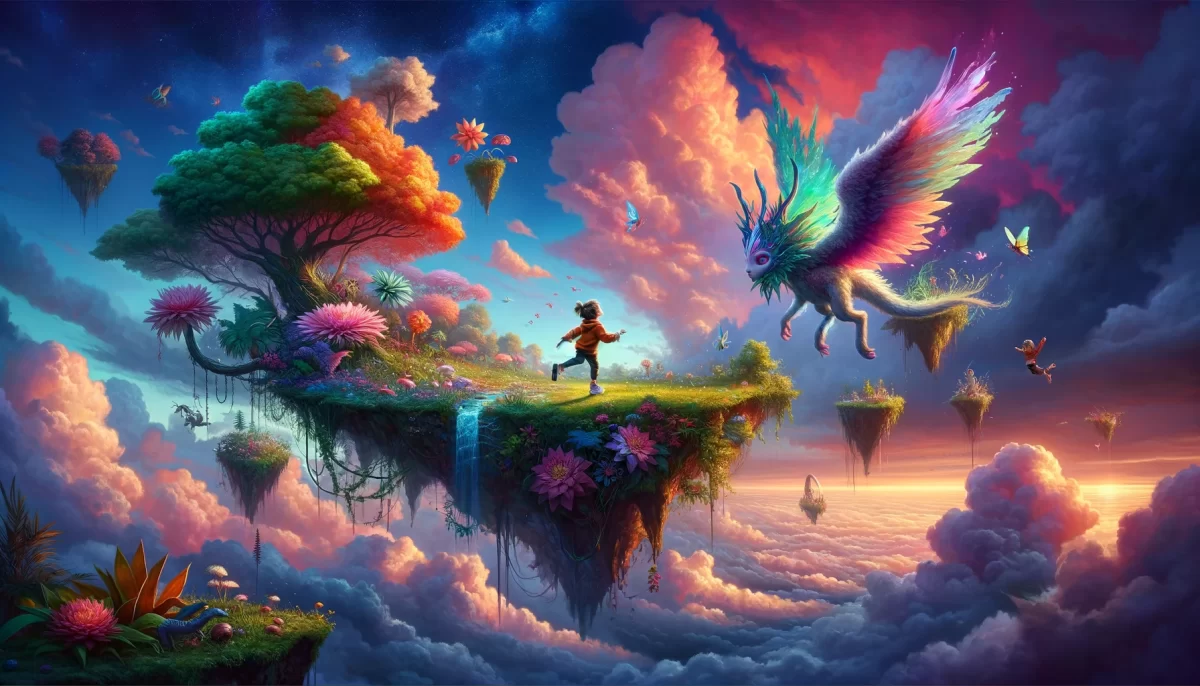
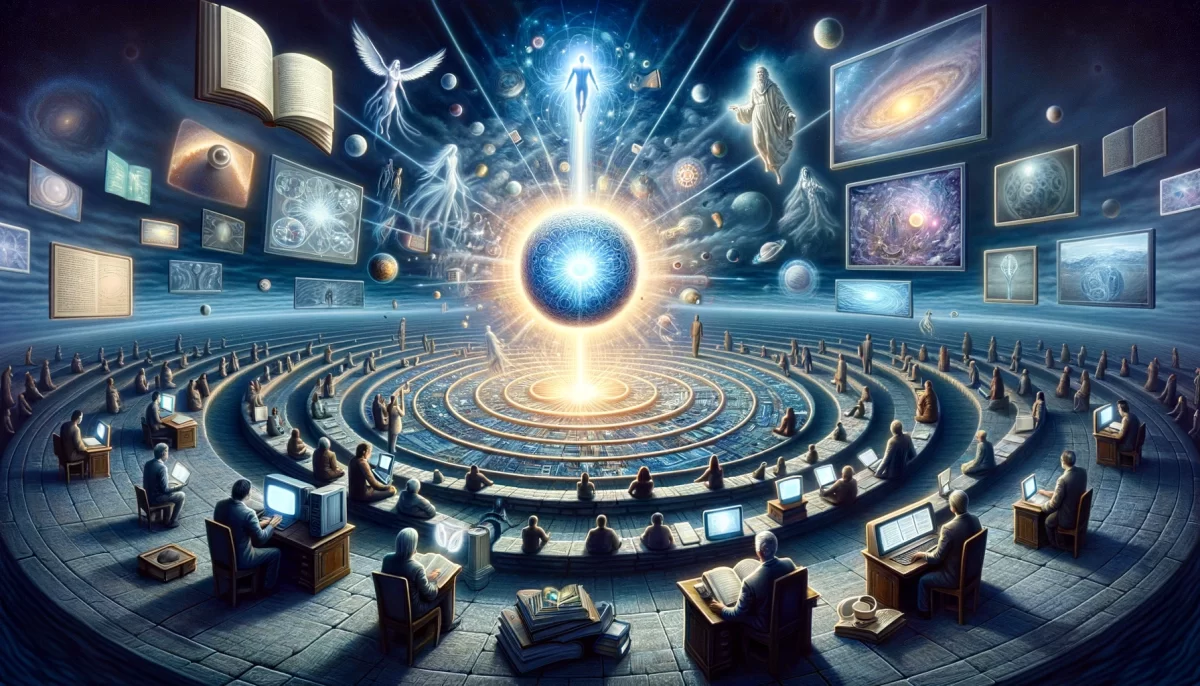
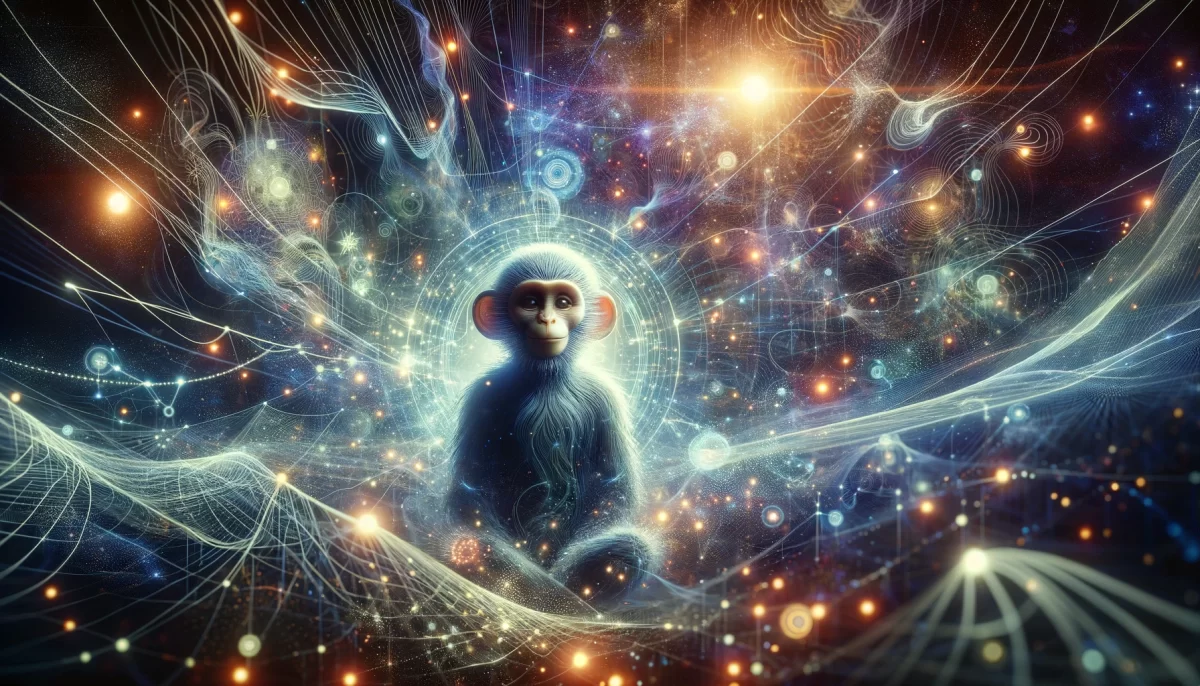


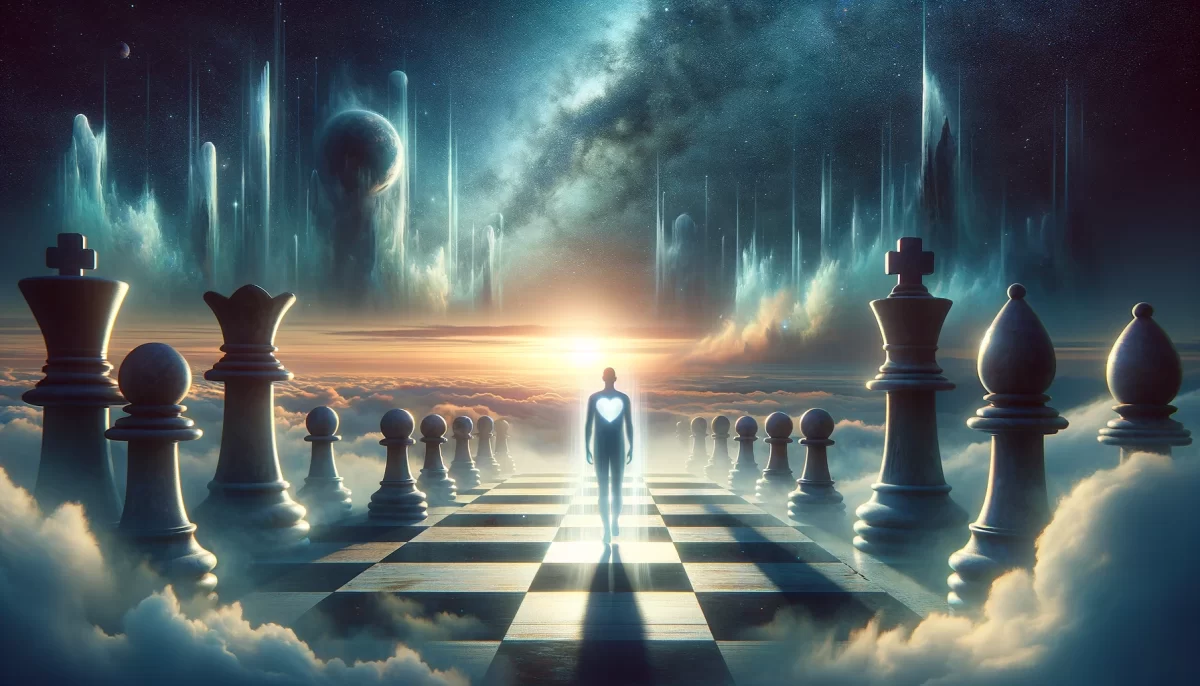
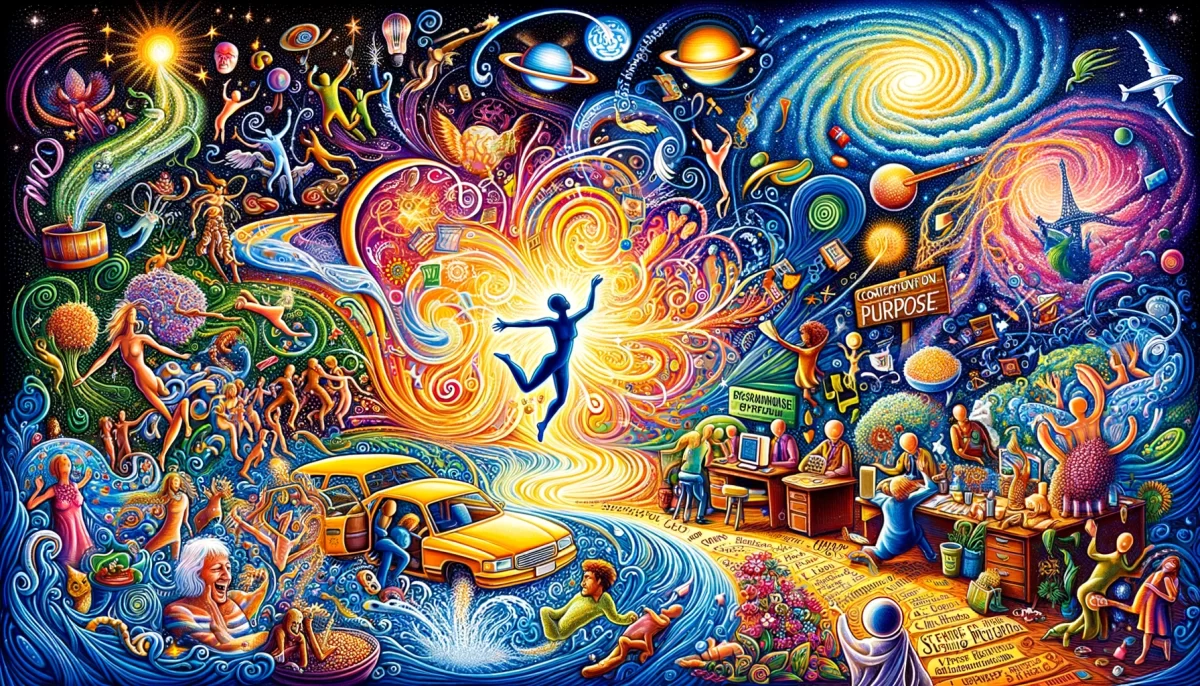
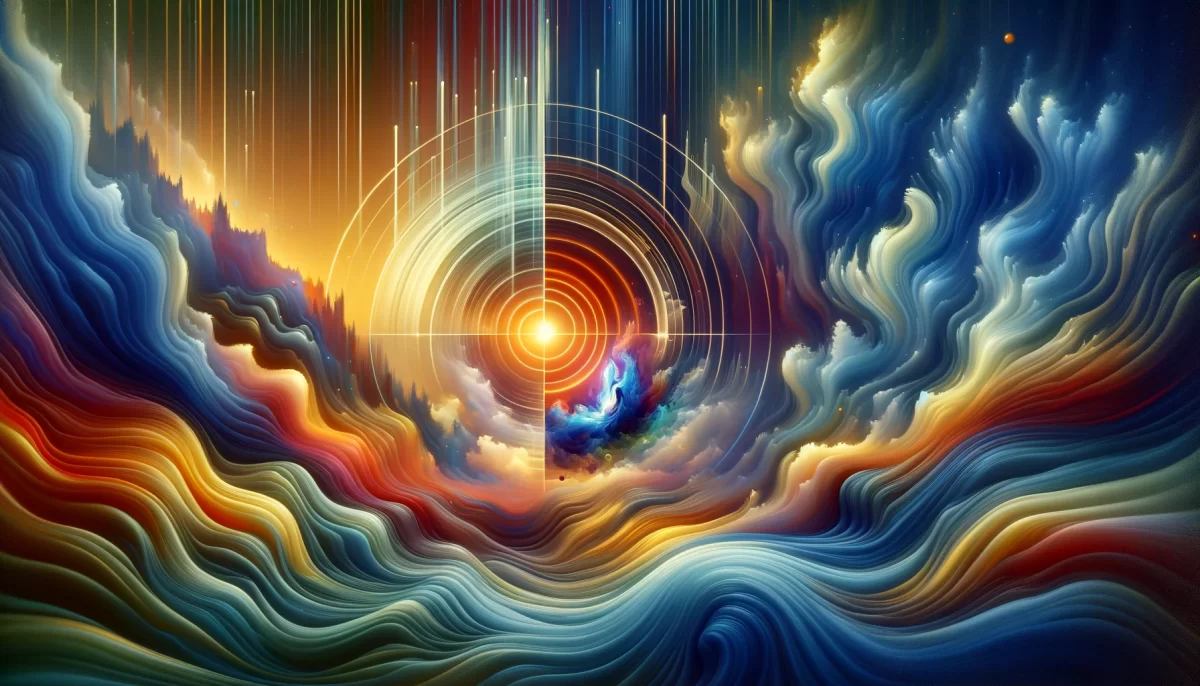
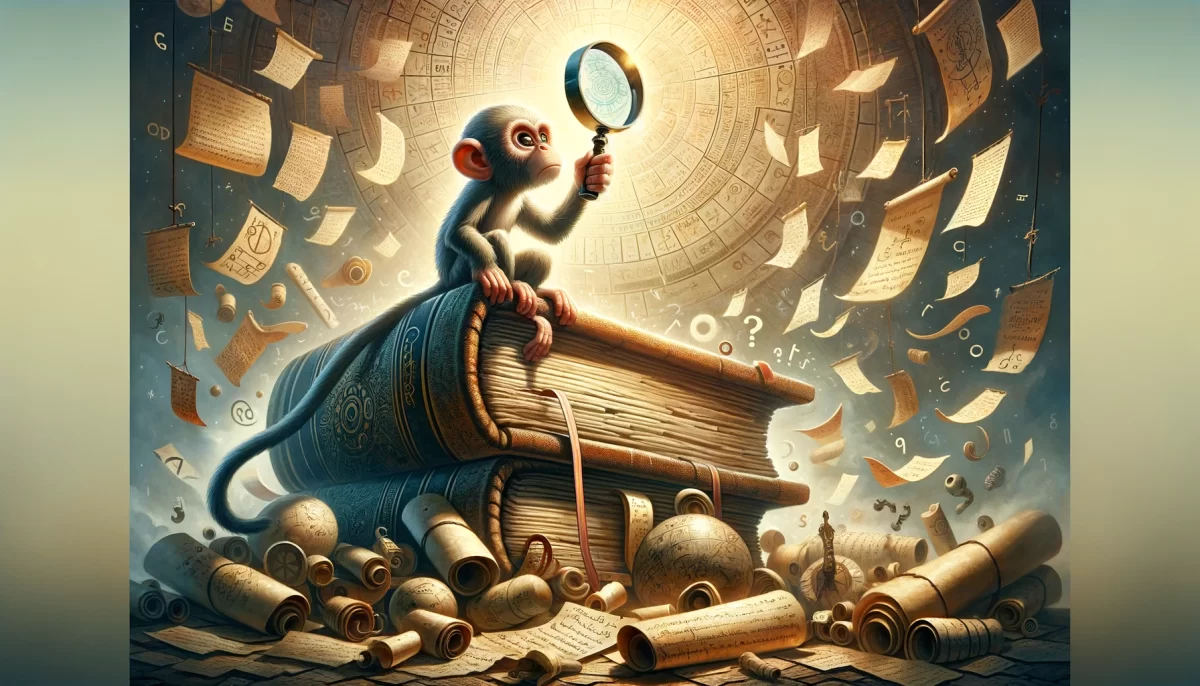

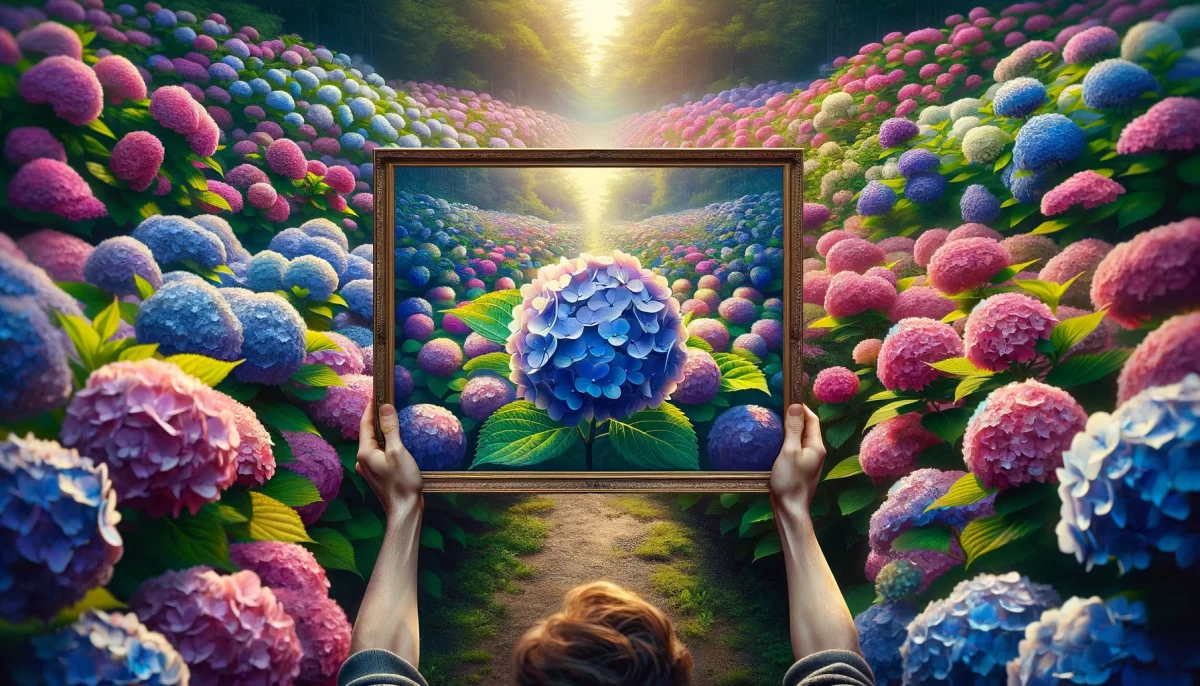
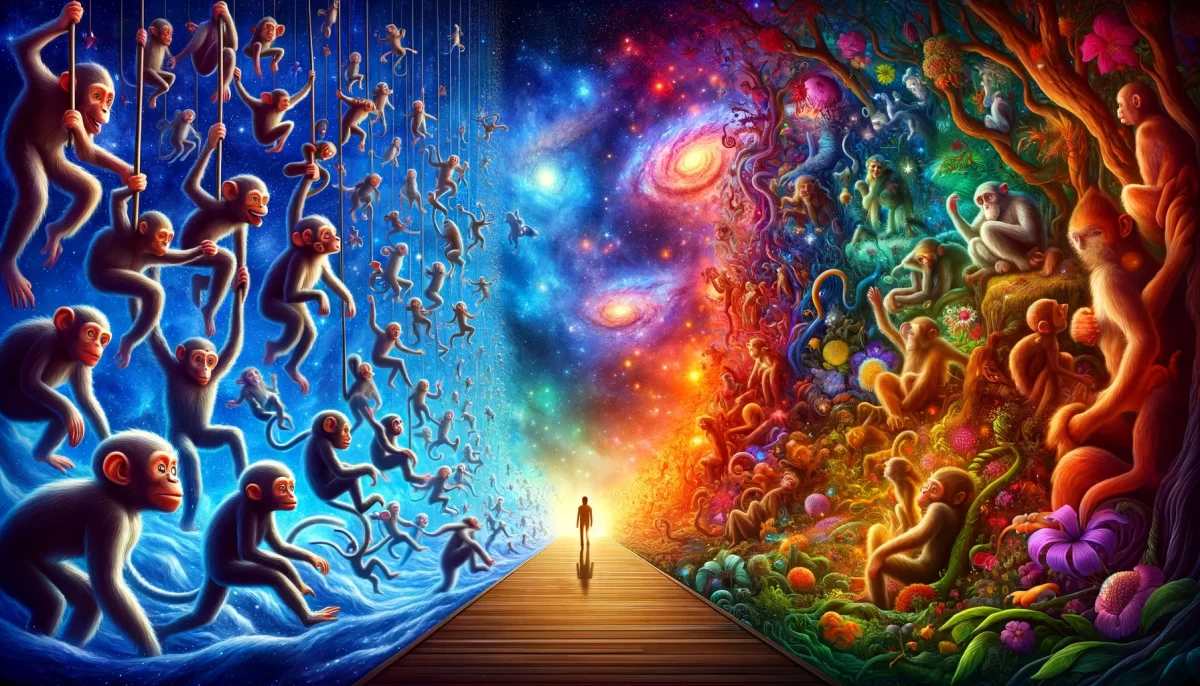
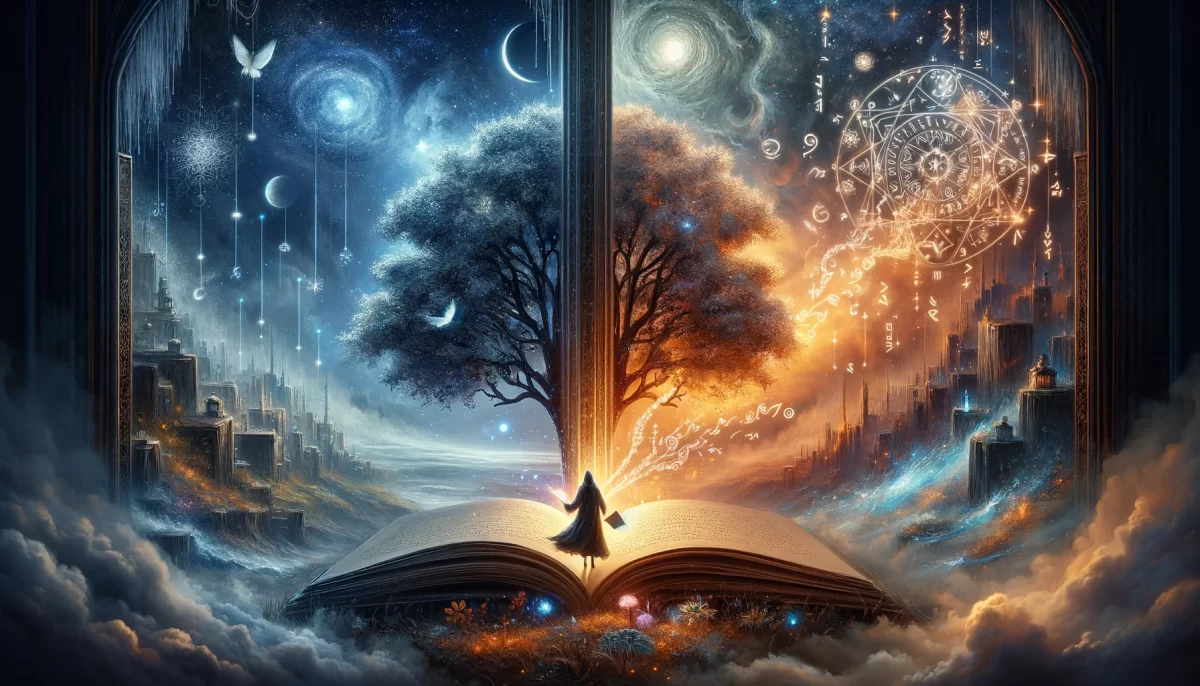
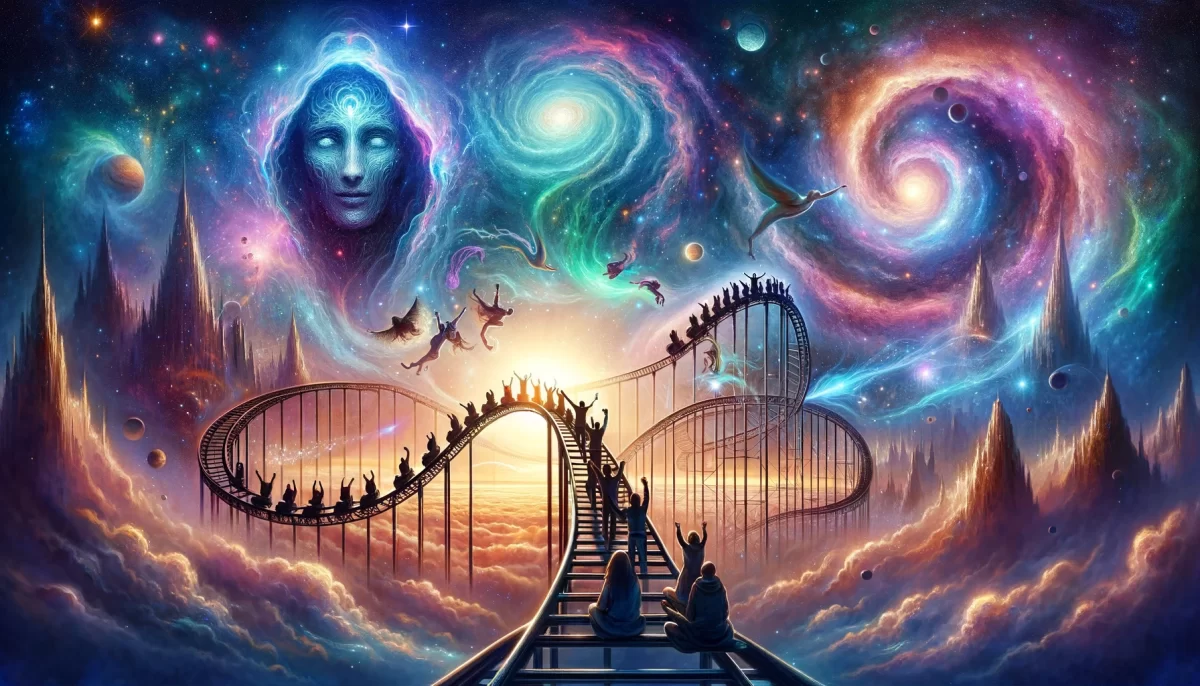
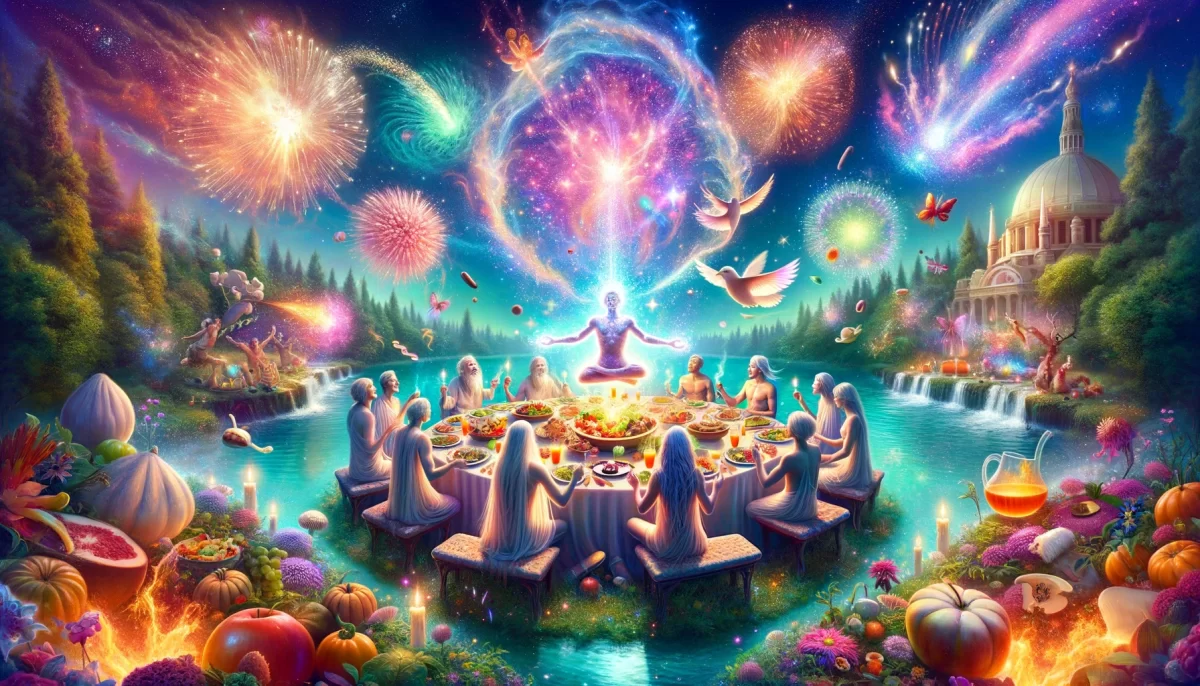
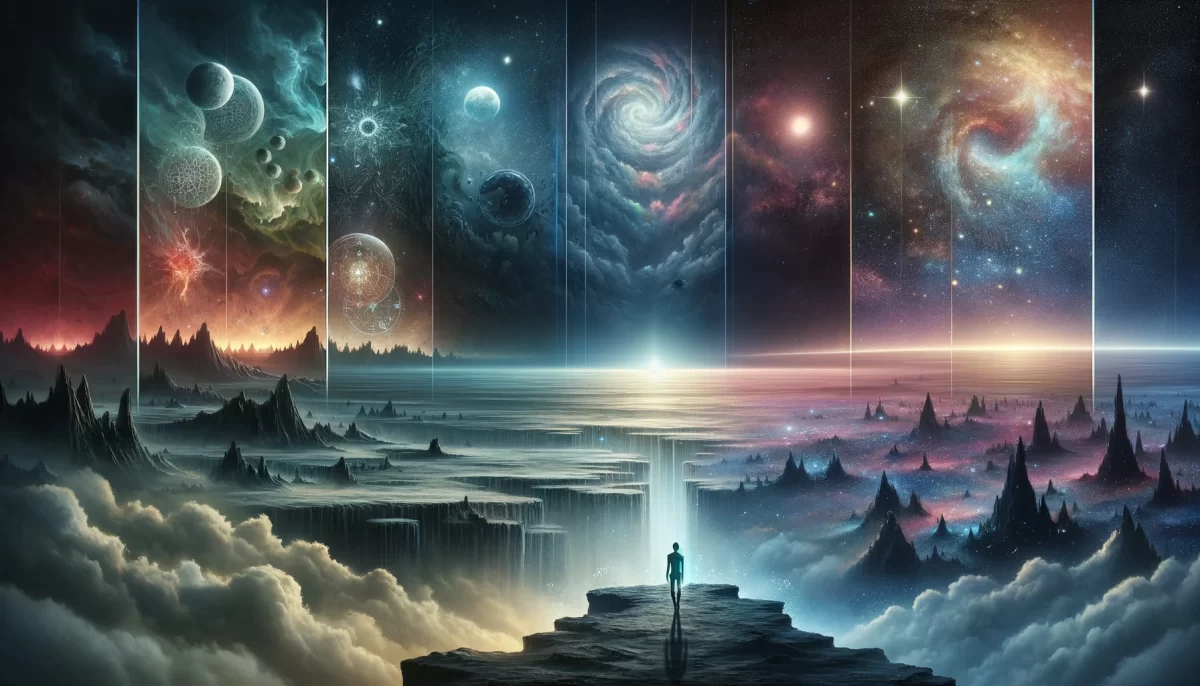
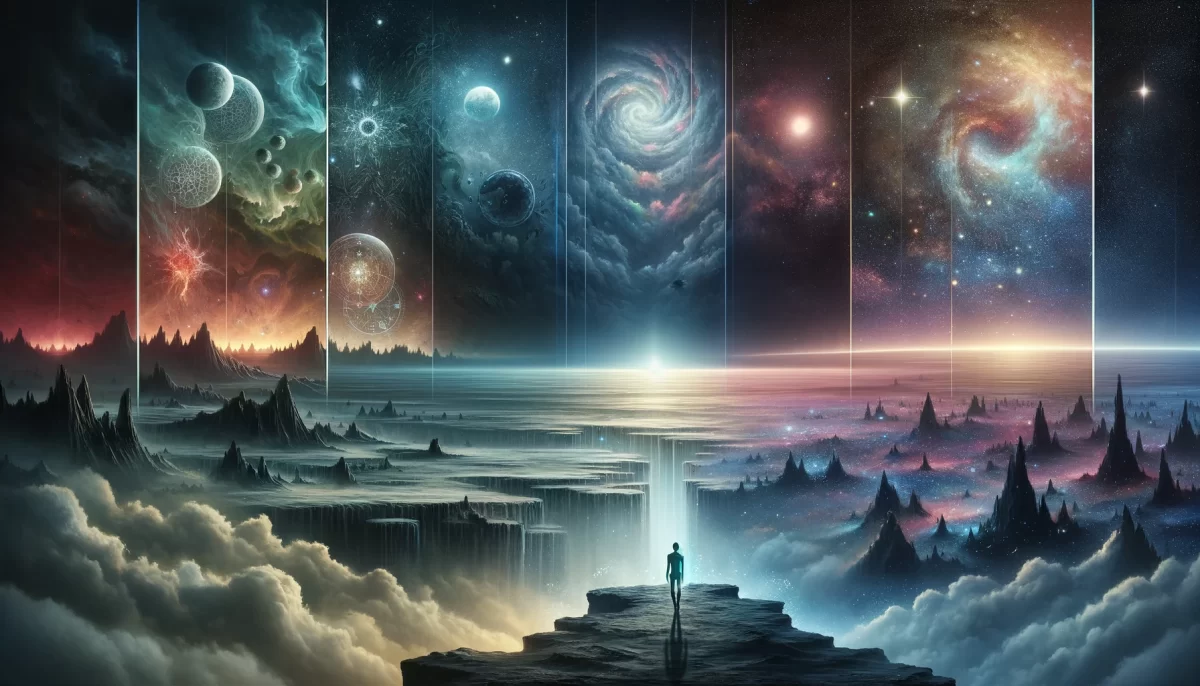
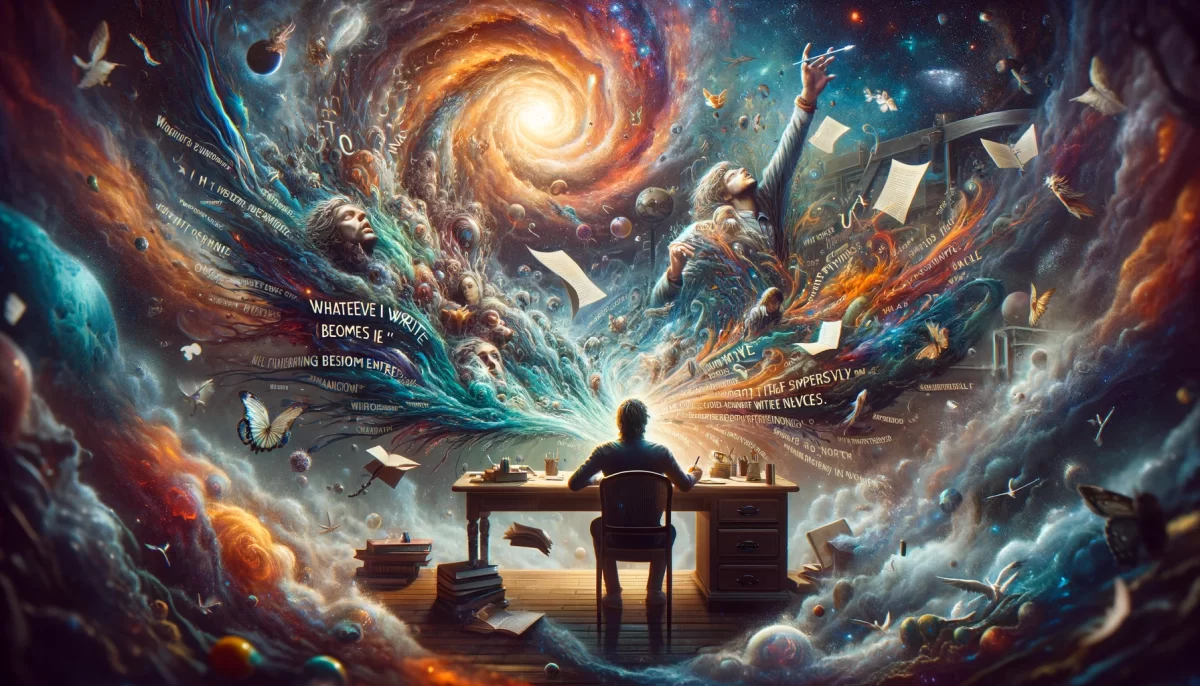
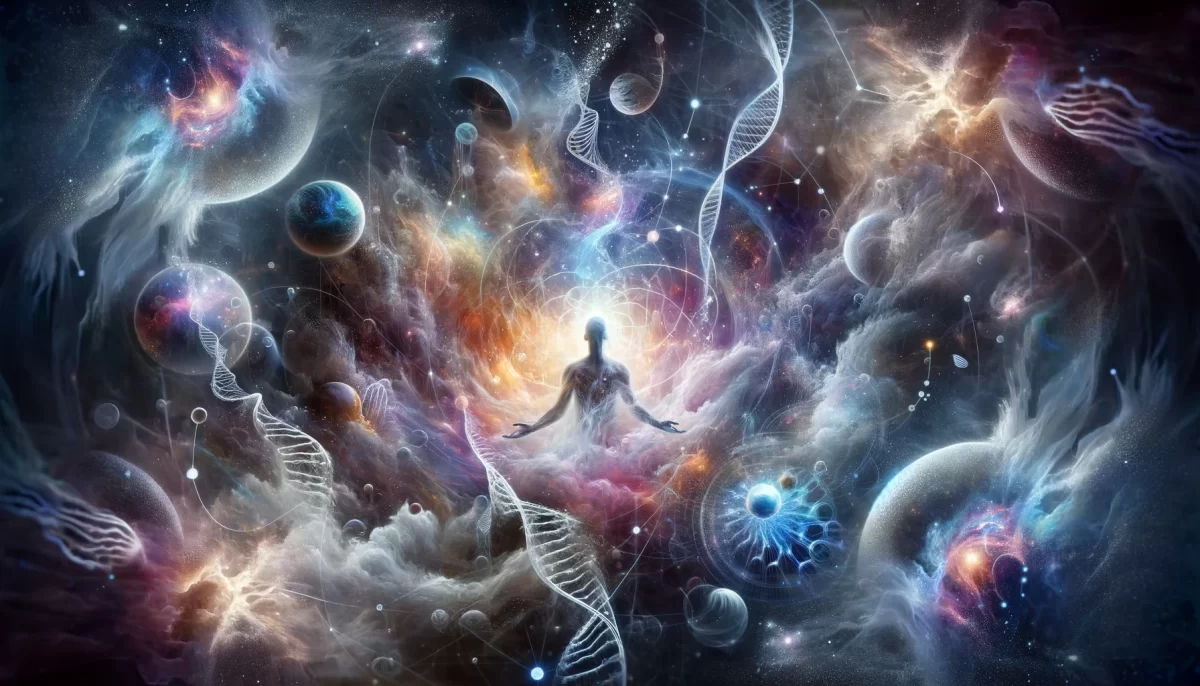
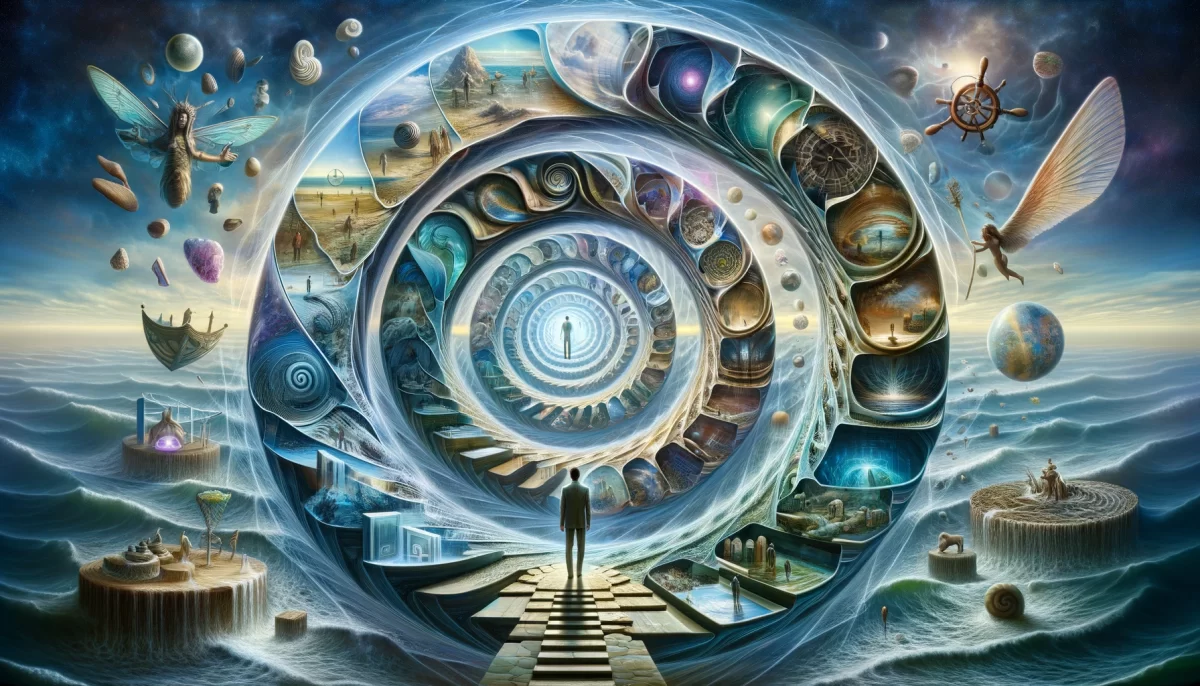
Leave a Reply